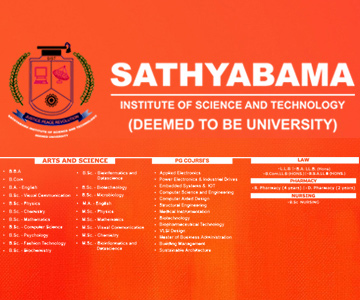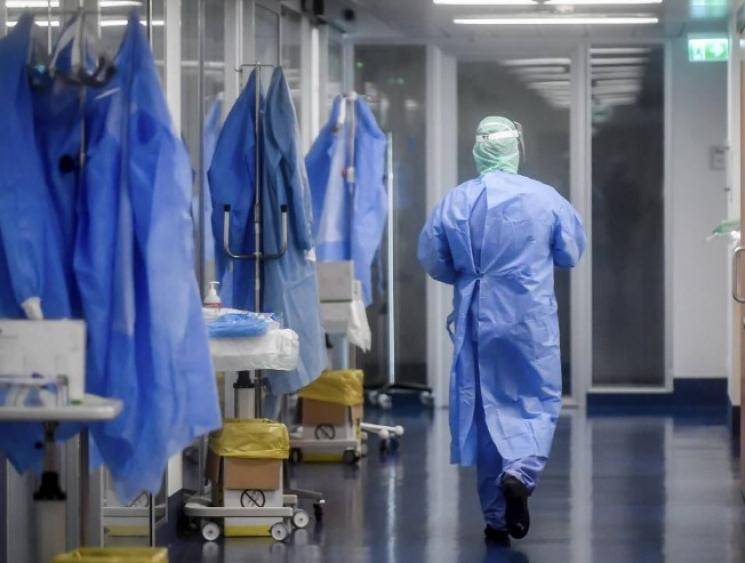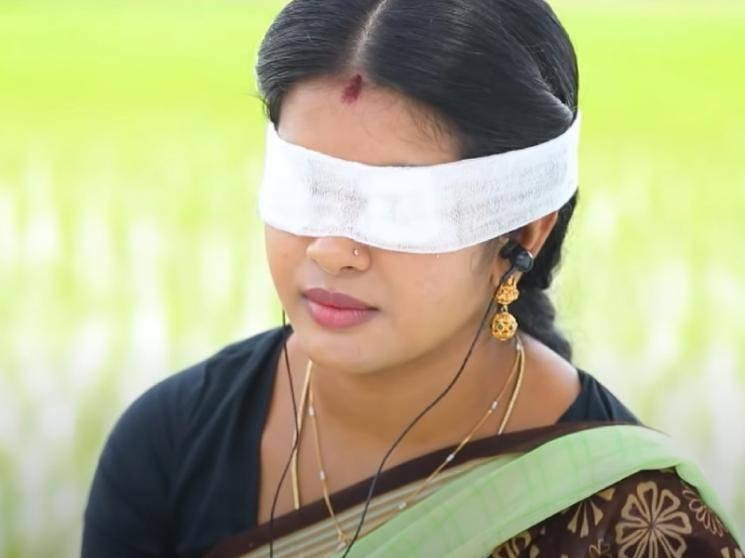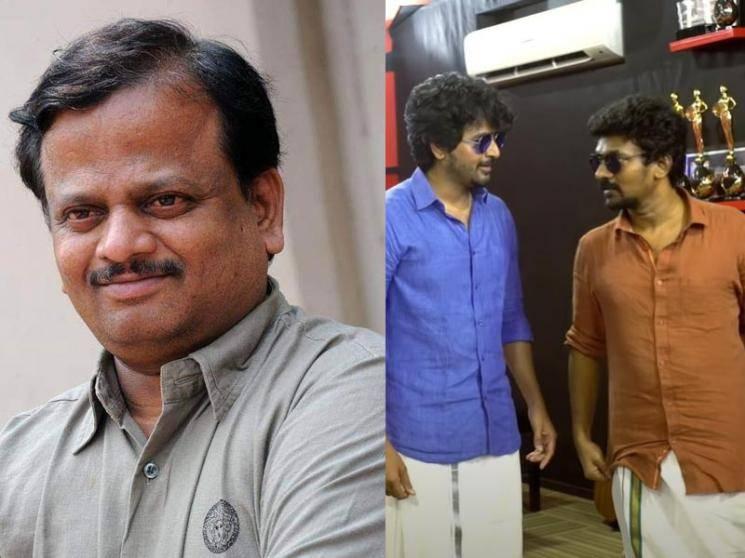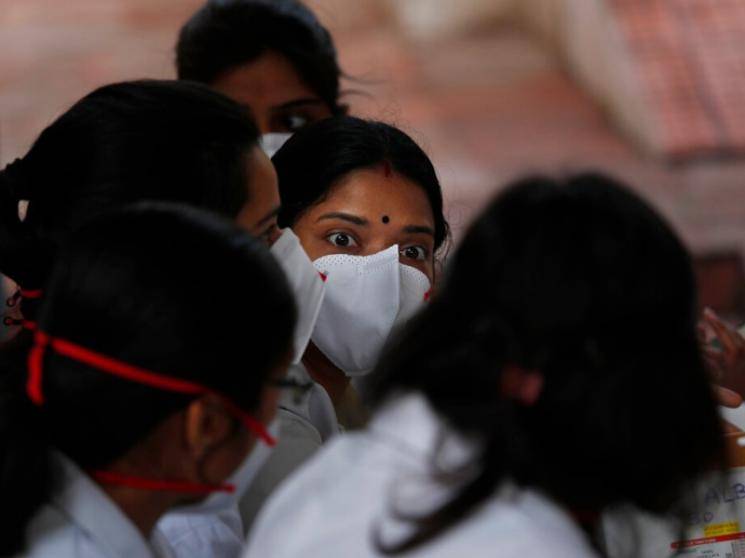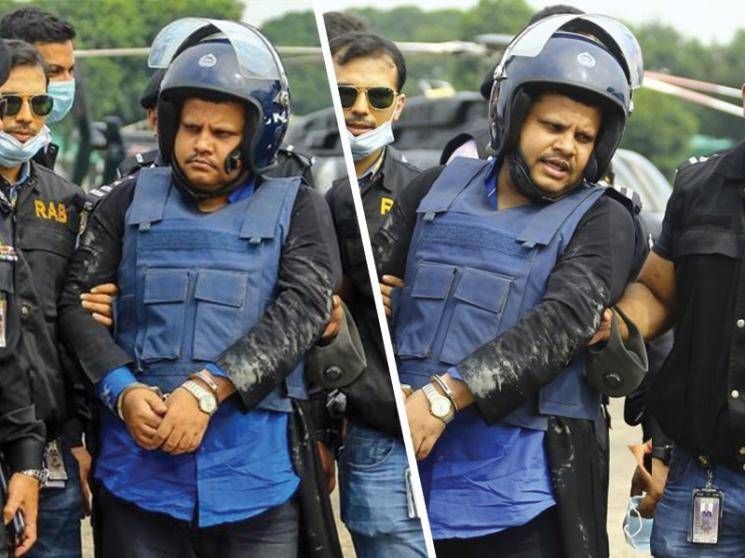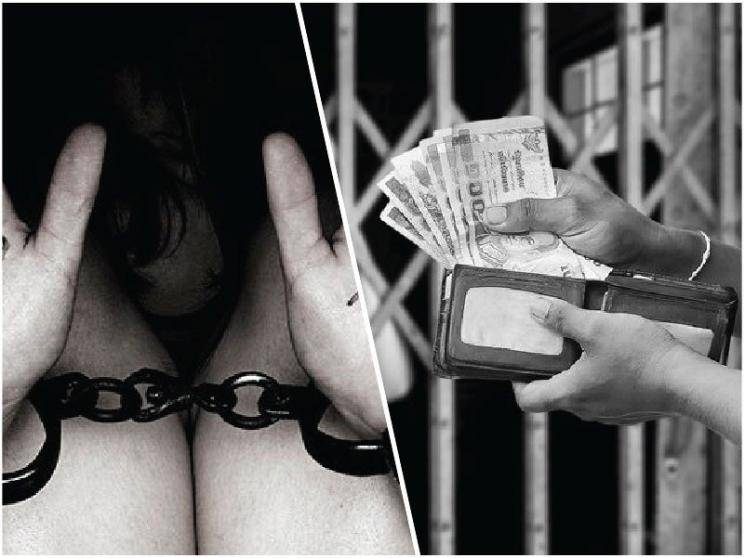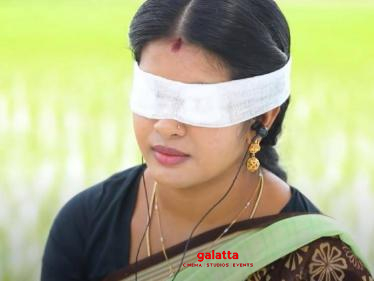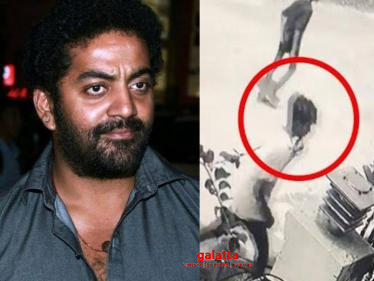"Completely unacceptable": UK minister James Brokenshire on Russia's attempts to steal vaccine data
By Vivek Raj | Galatta | Jul 17, 2020, 07:47 pm
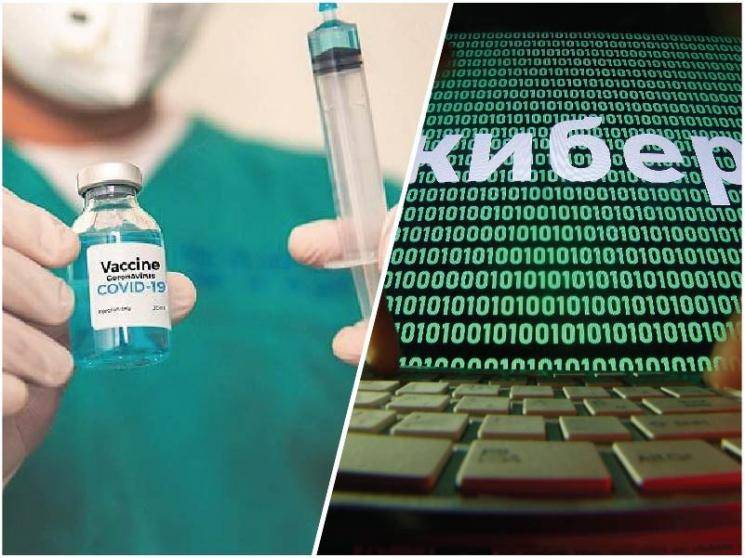
United Kingdom Minister of State for Security James Brokenshire on Friday said the attempts by Russian-backed hackers to steal COVID-19 vaccine research has not caused any damage, but was "completely unacceptable". On Thursday, Britain's National Cyber Security Centre (NCSC) issued a statement saying hackers backed by Russia tried stealing coronavirus vaccine and treatment research from academic and pharmaceutical institutions around the world. Russia has since gone on to deny the allegations made against them by London.
Speaking to Sky News, James Brokenshire said, "It's completely unacceptable for the Russian intelligence agencies to seek to get into the systems of those who are seeking to respond to this crisis ... to develop a vaccine,". He added "There's no evidence or information of any damage or, or any sort of harm."
The targets in the attacks by a group called APT29 identified were the UK, US and Canadian vaccine research and development organisations, with the attacks still ongoing, the NCSC said on Thursday. It said, “The NCSC assesses that APT29, also named the Dukes or Cozy Bear, almost certainly operates as part of Russian Intelligence Services," while also informing that the United States and Canada shared a similar view.
After the publication of the findings alongside an advisory on the measures organisations must adopt to protect themselves from cyber attacks, British Foreign Secretary Dominic Raab went on to express his displeasure. He said, "It is completely unacceptable that the Russian Intelligence Services are targeting those working to combat the coronavirus pandemic,". He also said in his statement, "While others pursue their selfish interests with reckless behaviour, the UK and its allies are getting on with the hard work of finding a vaccine and protecting global health,". He further stated, "The UK will continue to counter those conducting such cyber attacks, and work with our allies to hold perpetrators to account." Government, diplomatic, think-tank, healthcare and energy groups were being primarily targeted in an attempt "to steal valuable intellectual property", the NCSC said.

.jpg)



